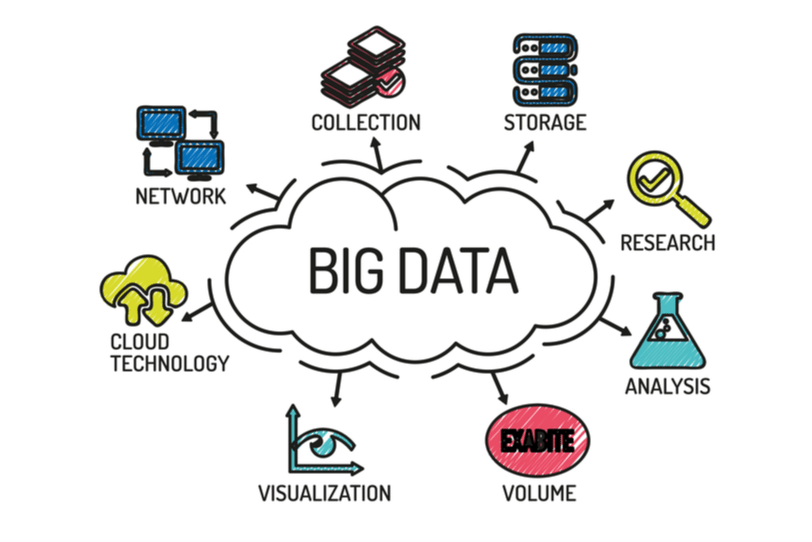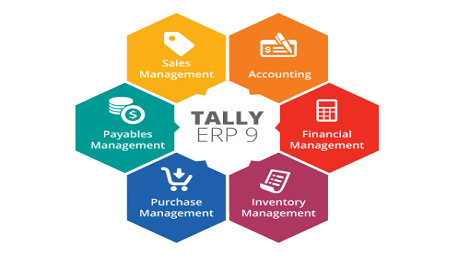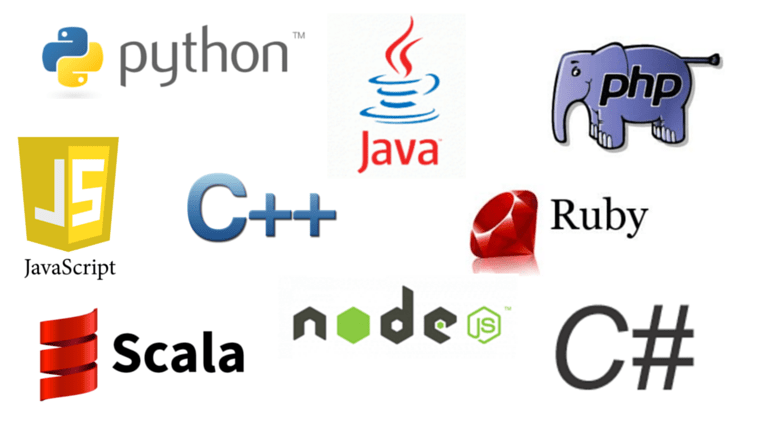Did you know?
97.2 business organizations worldwide are investing heavily in AI and big data. In fact, the big data market is estimated to be valued at $103 billion by 2023.
What exactly do you understand by data? Data can be defined as a collection of signs, symbols, and characters on which a certain set of operations can be performed by a computer.
Furthermore, this data can be transmitted between computers in the form of electrical signals.
In today’s piece, we will focus on understanding what big data is and why you must learn about it through a big data course in Bangalore.
What Do You Understand about Big Data?
Big data can be defined as a collection of data elements that have a high volume, velocity, and variety. These characteristics of big data are also known as its three Vs.
In laymans terms, big data can be defined as highly complex data sets that cant be managed by any traditional means of data processing. However, these complex data sets can be used advantageously to tackle significant business problems.
Here are the three Vs of complex data sets or big data:
- Volume: This characteristic defines the amount of data that needs to be processed. You’ll have to process major chunks of unstructured data that can contain thousands of unknown values.
- Velocity: This is defined as the rate at which a computer receives the data and acts on it.
- Variety: This is defined as the big data types that are available. With the emergence of big data, unstructured and semi-structured data types have become a part of routine business activities.
What are the Types of Big Data?
The traditional data types were mainly structured ones and they were used to fit easily into the regional database. However, big data has led to the introduction of newer data varieties – unstructured and structured.
Given below are the types of big data that you must know and will be taught in-depth at a big data engineer course:
- Structured:
Any type of data set that can be stored and processed easily in a pre-defined format is known as structured data. Over the past few years, various techniques have been developed that make the storage, accessibility, and processing of such data types in the regional database super easy and systematic.
- Unstructured:
Any data set that lacks a predefined structure and has a huge size is known as unstructured. This poses multiple storage and processing challenges for regional databases.
- Semi-Structured:
This data set contains both types of big data – structured and unstructured data types. An XML file is a type of semi-structured data type.
What is the importance of big data?
Businesses use these big data types to optimize their operations and enhance their customer services. With big data, businesses can also formulate personalized marketing campaigns that invoke customers to take a call to action. If businesses use this big data beneficially, they can truly take your business to new heights.
For example: You can use these big data types to extract important customer information that can be used to shape your promotion and marketing strategy. Over time, this data can be analysed by your processing system to gain a competitive edge based on the needs and wants of your customers.
Here are the six major benefits of big data:
- Provide striking insight into the customers expectations and desires.
- Help optimize business operations based on important company data.
- Hone your marketing strategy to suit the customer’s demands.
- Provides an agile management system for the supply chain.
- It is a data-driven innovation that empowers customer targeting and provides smarter recommendations.
What are the Use Cases of Big Data?
Data is one of the few business resources that is going at an exponential rate. If you plan to make your career in IT as a big data engineer by studying in one of the big data courses in Bangalore, then here are the use cases of big data that you must know about:
- Analyse Critical Customer Data:
Big data contains millions of customer reviews, demographic information, comments, feedback, and whatnot. This helps business organizations to analyse this data and enhance their customer understanding and satisfaction.
- Behavioural Analysis:
Did you know?
48% of the business organizations that process big data can gain powerful insights into customer behaviour data.
Organizations are greatly harnessing the power of big data and delivering considerable value to businesses through customer behaviour prediction.
- Customer Segmentation:
Businesses are always on the lookout for methods to lower their customer acquisition costs. This is facilitated by creating optimized customer target strategies and taking promotional activities to the next level.
The only way to achieve this is through personalized marketing offers which can be put up only after understanding the customer data.
One of the organizations that makes excellent use of this property of big data is – Time Warner. The company has increased their subscriber base by millions by using big data analytics to come up with personalized marketing campaigns.
- Future Support:
Every business wants to boost its revenue by knowing what the future has in store for them. Big data Analytics can help establish a predictive business model that will help optimize business operations for a long-term goal achievement.
Companies like Volkswagen have employed a predictive business support model to boost their aftermarket service revenue and improve brand loyalty.
- Fraud Detection:
One of the most feared challenges of running a business is encountering financial frauds and claims. This was an alarming global problem among organizations before the advent of big data. However, with the emergence of big data, companies can now detect, prevent, and also eliminate any fraudulent risks.
Conclusion
Based on the above critical use cases of big data, it is convincing for us to say that big data engineers are in high demand. Reap the lucrative benefits of job profiles such as database administrator, data warehouse manager, business intelligence analyst, and much more by joining any of the big data courses in Bangalore.
by Harshit Saxena
























